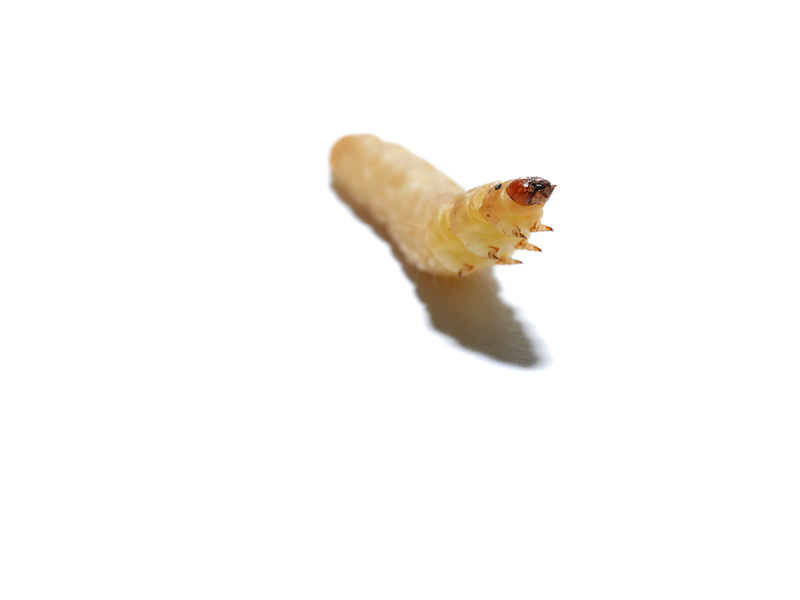One of the worst things to happen to our planet is the increasing use of plastic. This is why there is such a growing movement of people trying to reduce plastic use or eliminate it altogether. But cutting down on plastic is often easier said than done. Plastic is so easy and cheap to make we have grown to rely on it for almost anything. There are so many plastic products we use on a daily basis that we don’t even realize. One of the main plastic polluters is the infamous plastic bag. To put it in numbers, there are two million plastic bags being used globally per minute. But before we drown ourselves in a sea of plastic, scientists have found a surprising natural solution to our plastic problem — worms.
Waxworms are the key
The worms we’re talking about are not new. In fact, science has known about those worms for a long time. Waxworms are essentially a type of caterpillars, and if you’ve ever had a pet lizard, odd are you fed some waxworms to it. They are also known for settling in bee colonies and digging into the colonies’ wax (hence their name).

A new discovery concerning the waxworms was made by Professor Federica Bertocchini, a beekeeper. She picked up a few waxworms and gathered them in a plastic bag, and was surprised to discover something astonishing: the worms chewed holes in the bag. She then put her scientist hat on and approached fellow scientists Paolo Bombelli and Christopher J. Howe, asking them to recreate the experiment. They did so using 100 of the same kind of waxworms in a plastic bag and came up with unbelievable results: it took the worms 40 minutes to create holes in the bag, and 12 hours to ingest 92mg of plastic!
Hoping for a better future
When the scientists later examined the worms that ate the plastic, they found out that those little critters have a special enzyme in their digestive system which helps them break through the plastic and digest it. The discovery is still quite new, but once the subject is fully-researched, it could hopefully help us repair some of the damage Earth has suffered due to plastic use.